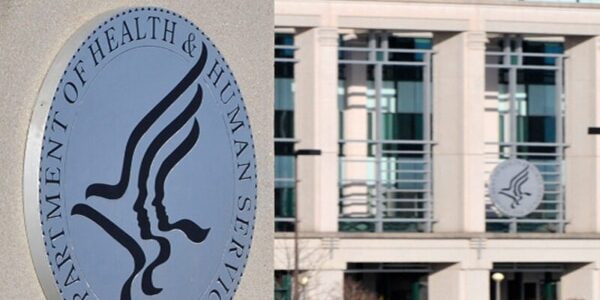The Centers for Medicare and Medicaid Services (CMS) has published final rules related to personnel regulations under CLIA. The proposed rules were published in 2022 and generated thousands of comments back to the agency. The entire community of medical laboratory professionals had a significant impact on the final outcome.
“Because of the work of so many within our community to protect patients, our demands for higher standards were heard and will be implemented,” said ASCLS President Claude Rector, MA, MLS(ASCP)CM. “This would not have occurred without ongoing investment and commitment of groups like ASCLS and our dedicated members.”
In the final rule:
- CMS has changed its proposed rule that would have defined a nursing degree as equivalent to a biological sciences degree, which the clinical laboratory community, for many years, has demonstrated was incorrect. In response, CMS will create a separate pathway and educational requirements for those with nursing degrees to become moderate complexity testing personnel. The loophole that would potentially allow a holder of a Bachelors degree in nursing to serve as a laboratory director has been closed. “…individuals with nursing degrees will no longer be able to qualify as laboratory directors as nursing is not listed as a qualifying degree under revised § 493.1405(b).” ASCLS’s comments on the proposed rule include important background on the subject.
- Affirmed that the Doctor of Clinical Laboratory Science (DCLS) degree will be accepted as qualifying for High Complexity Laboratory Director. ASCLS has been a long-time advocate for the Doctor of Clinical Laboratory Science degree beginning with the ASCLS House of Delegates approval of the concept in 2016. The Society’s comments on the proposal reflect its robust support for the impact these professionals area already having on our healthcare system
- Expanded the definition of continuing education beyond the physician-centric term “CME.” This recognizes the growing role and influence of non-physicians within clinical laboratories.
- Strengthened and clarified requirements and documentation for training and experience for those working in moderate and high complexity testing.
- Removed “physical science” as a qualifying degree type from the traditional list that includes “”chemical, physical or biological science or medical laboratory technology” degrees. As an alternative, CMS is creating an algorithm that reviews documented coursework for those who have non-traditional degrees to determine qualification.
- Helped to advance the profession’s efforts to bring standardization to our nomenclature. “Several commenters noted the 2022 decision by AMT, ASCP, and ASCLS to change the MT certification designation to MLS. The commenters suggested that medical laboratory science should be used in addition to clinical laboratory science throughout the CLIA personnel qualifications. We agree with the commenters that medical laboratory science should be included in the revised personnel qualifications. We are incorporating the change suggested by the commenters where applicable in revised § 493.1405 and other applicable sections of subpart M.”
The new rules will become law on January 28, 2024.
